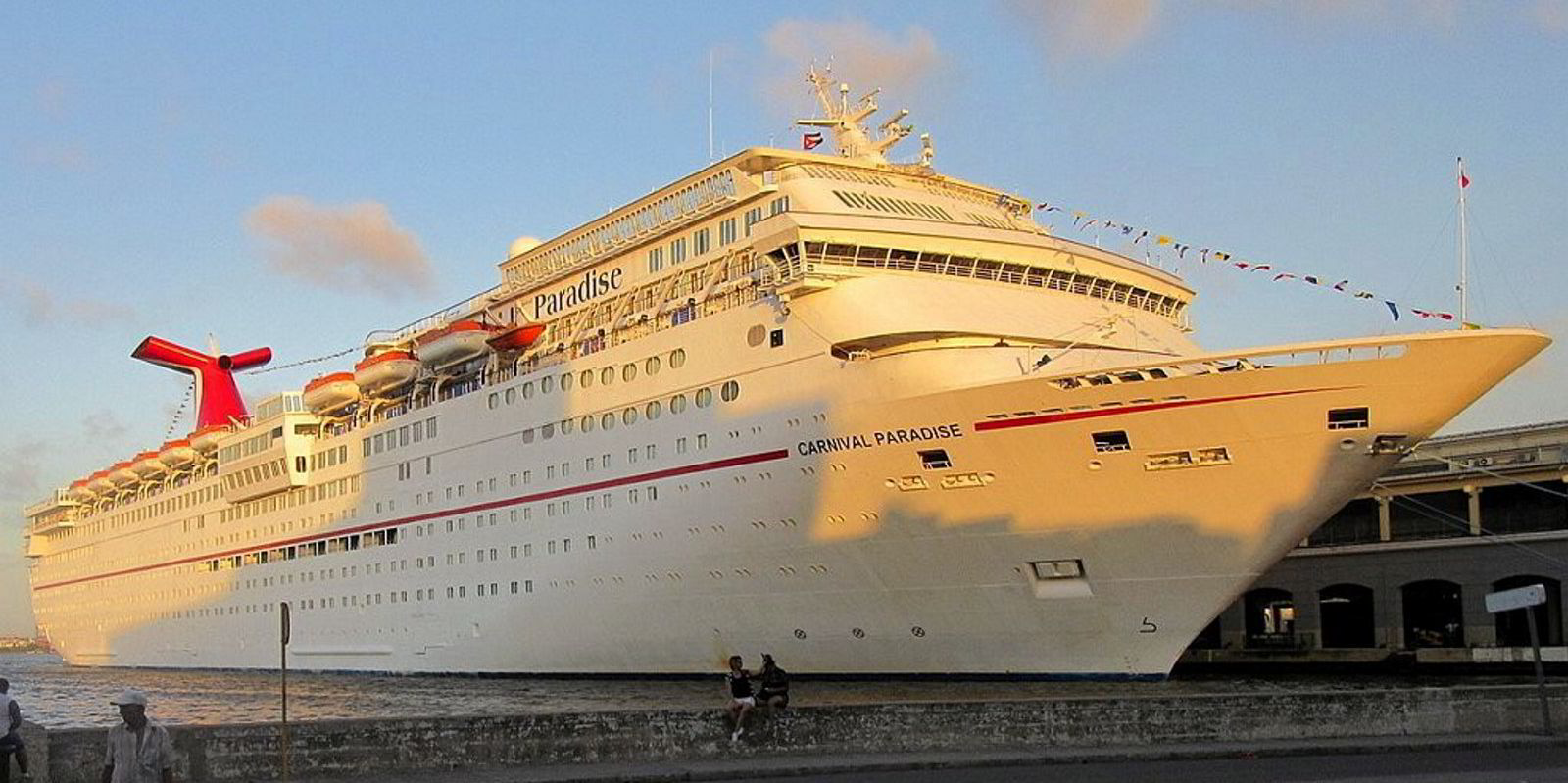Havana Docks Corp — a century-old brass plate Delaware-registered company — has won big against the four top cruise lines.
Over the last week, US District Judge Beth Bloom issued four judgements awarding the company a total of $450m after it was determined Royal Caribbean Cruise Lines, Carnival Corp, Norwegian Cruise Line and MSC Cruises illegally trafficked in Havana Docks property taken by the Cuban government after the country’s revolution.
The total includes the damages and legal fees.
“This is a very important ruling by Judge Bloom,” said Roberto Martinez, attorney at Colson Hicks Eidson.
Martinez was one of six attorneys from the firm working on the case for Havana Docks.
“The commercial use of confiscated property in Cuba in violation of US law carries clearly detailed and well-known and publicised legal consequences,” he said. “After decades of pursuing its legal rights, Havana Docks is one step closer to justice.”
In response, the cruise lines said they would appeal.
“Carnival Corp engaged in lawful travel explicitly licensed, authorised and encouraged by the US government,” the company said in a statement.
All four said they “strongly disagree” with the decision.
The quartet were accused of trafficking in Havana Docks property as defined by the Helms-Burton Act, part of which allows US citizens to bring federal lawsuits against companies making money using property nationalised after Cuba's Communist Party rose to power in 1959.
The portion of the law allowing legal action, known as Title III, was suspended by every US president since it was passed until former President Donald Trump allowed the suspension to lapse in 2019.
Since then, a litany of lawsuits have been filed against shipping companies but the highest profile have been the 2019 suits against the cruise lines. All were filed in the US federal court for the Southern District of Florida.
They allegedly used three piers and a building Havana Docks owned from 1917 until the property was seized. In the 1970s, a US Department of Justice panel valued the facilities at $9.2m.
The proceedings veered wildly at times, with Carnival at one point accusing Havana Docks of working with the federal government to facilitate the filing of Title III lawsuits, while Havana Docks said Carnival tried to lobby Sen Marco Rubio of Florida.
Later, the cruise lines argued Havana Docks overstated its holdings, telling the court it had actually ceded passenger facilities to the government and that its concession was for cargo operations.
After that, they said Havana Docks president Mickael Behn does not qualify as a US national as he resides in London. They said the company conducts its business from Kentucky and London, but is not authorised to do business from either location.
The cruise lines also attempted to limit Havana Docks' damages. They argued it was subject to the “one-satisfaction rule”, where a plaintiff is to recover damages for an alleged loss only once.
Ultimately, Bloom rebuffed the cruise lines allowing Havana Docks to recover treble damages in keeping with the law.
Each of the four was ordered to pay nearly $110m, with roughly $27m of that in interest for each on top of the $9.2m property value.
Between $2m and $3.4m were awarded from each party for legal fees.






